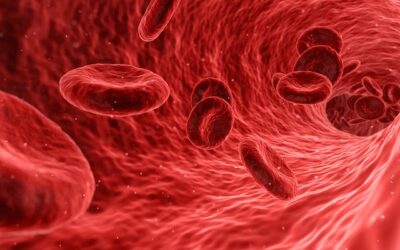Many current cancer therapies still prove ineffective, or have unpleasant side effects. Prostate cancer is the second most diagnosed form of cancer overall – the most common form of cancer in men – but its treatment often suffers from these problems. Treatment of prostate cancer using low temperature plasma is one method which may offer significant advantages over current therapies. Low temperature plasmas produced at atmospheric pressure are known to produce chemically reactive environments containing reactive oxygen and nitrogen species (RONS) which can have various effects on living cells. The induced effect depends on the concentration of various reactive species produced in the plasma, their reactions with the ambient air, liquid covering the cells, and the cells themselves.
Researchers from Queen’s University Belfast and the University of York have now demonstrated that PC-3 prostate cancer cells exposed to the effluent of a low temperature plasma in vitro show reduced viability with increasing plasma exposure times. Furthermore analysis of antibodies present in the cells after exposure revealed that the cells undergo apoptosis, otherwise known as controlled cell death. Generally apoptosis does not lead to inflammation, so this may well be an advantage for further therapeutic use of low temperature plasmas. This is in contrast to traditional treatments which often induce significant necrosis of cells, leading to inflammation. Finally, the group correlated the observed decrease in cell viability with increasing reactive nitrogen species detected in cell growth media exposed to the plasma effluent, indicating that reactive nitrogen species may play a significant role in the effects induced by plasma effluent on cells.
















